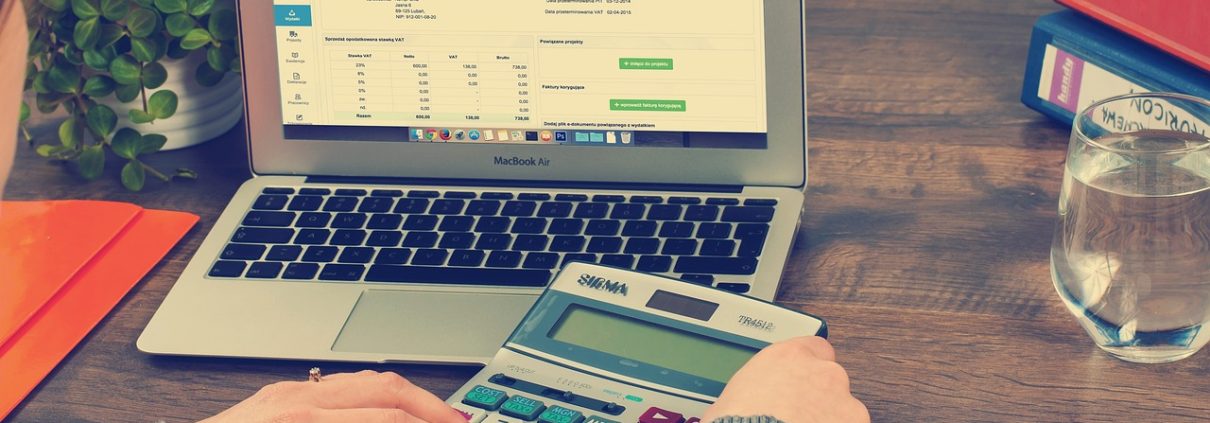How Do Unsecured Loans Work?
Interested in applying to borrow money, and potentially get an unsecured loan? It is worth making sure that you are aware of everything you need to know about one, before making an application. In this guide, we explain the main things that you need to know regarding unsecured lending.
What is an unsecured loan?
An unsecured loan enables the borrower to borrow a few hundred pounds, or potentially thousands: either from a bank or building society, or a specialist lender like The One Stop Money Shop.
What is the difference between an unsecured loan and a secured loan?
The main difference between an unsecured loan and a secured loan is that with the former, there is no requirement for you to put down assets as collateral for the loan you are taking out in order to meet the eligibility criteria. Typically, assets that are put down as security include equity in your home, or a vehicle – lowering the level of risk to the lender in lending to you.
In terms of examples of secured loans, typical types include logbook loans, car loans and mortgages. With secured loans, you will tend to be charged lower amounts of interest for taking one out than an unsecured loan and also borrow a higher amount for a longer period of time.
However, unsecured loans can have major benefits: as the borrower is not required to put down assets in order to obtain finance, it tends to present a lower level of risk for the applicant. This is because if you are unable to keep up with repayments for a particular reason, you do not run the risk of potentially losing valuable items, or having your property repossessed by the bank or lender. With a secured loan, the lender legally has the right to do this.
Failing to keep up with repayments for an unsecured loan will have a negative impact to your credit rating and result in late fees added to your total bill.
What are the different types of unsecured loans available?
There is a wide range of unsecured loan products available on the market for you to choose from, depending on your needs and individual circumstances. Some of the main categories can include:
- Credit cards
- Peer to peer lending
- Emergency loans
- Payday loans
- Personal loans
- Home improvement loans
One thing to keep in mind when it comes to unsecured loans, is that they usually charge higher interest rates due to the lack of collateral used against a loan. However, those with the best credit scores and affordability can sometimes receive rates as low as 3% through mainstream banks and lenders.
Can I get an unsecured loan if I have bad credit?
With a number of lenders, it is possible to still get a loan of this kind with bad credit. However, in order to be able to do so and to alleviate the element of risk for them, they may decide to lower the borrowing amount or credit limit, or charge a higher interest rate than usual.
Regarding the total amount you will be able to borrow, this will largely be dependent on your current credit score and your recent history of paying of loans or similar credit. If you have a CCJ loan or recent defaults, this will not help your chances of approval, but if you are in a good cycle of paying off loans on time and your score is improving, this can help the success of your application.
For more information, see loans available for people with bad credit.
What are the eligibility criteria for an unsecured loan?
Interested in applying for an unsecured loan? Before applying, you should always make sure that you meet the eligibility criteria. Whilst the exact requirements may vary from lender to lender, typically things required include:
- The applicant must be over the age of 18
- You will need to be a UK resident
- Have a valid debit account
- In full or part-time employment
What if I default on payments for an unsecured loan?
If you take out and end up defaulting on repayments, then unlike a secured loan, you will not run the risk of losing assets, such as your home or your vehicle. Instead, they are likely to contact you by sending a letter, phoning or offering an alternative lending arrangement.
With regards to unsecured loans, the biggest issue with defaulting will be the impact on your credit score. This could make it harder for you to access funding in the future, should you need it.
In addition, you will likely be charged fees for defaulting. This includes a default fee, that can be £15 in total and it is a one-off charge. You could also be charged daily interest for each day that you have not paid on time.




Leave a Reply
Want to join the discussion?Feel free to contribute!